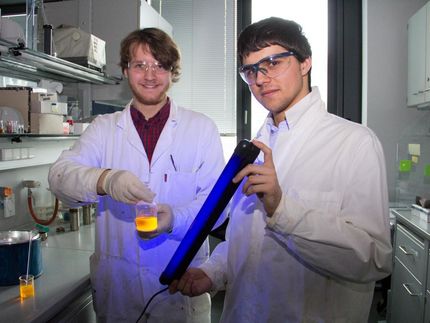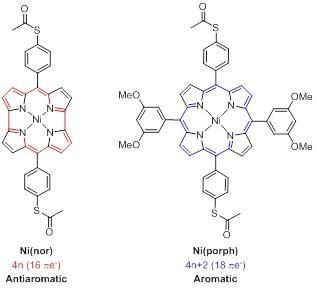University of Houston chemist recognized for solvothermal research
Shiv Halasyamani, professor of chemistry at the University of Houston, is the 2014 recipient of the Roy-Somiya Award from the International Solvothermal and Hydrothermal Association (ISHA).
The international award, given every two years, honors the work of a scientist under the age of 45. In announcing Halasyamani's selection, ISHA Council Vice President Richard Riman stated that Halasyamani's "career is on a rapidly moving trajectory that is destined to forge new boundaries in the field of solvothermal research."
Halasyamani will present his latest research at an invited lecture and awards ceremony during the ISHA Conference in Bordeaux, France. His presentation will address "Hydrothermal Synthesis of Functional Inorganic Materials."
Some of the Halasyamani Group's research focuses on the hydrothermal and solvothermal synthesis of new functional inorganic materials. The functionalities of interest include non-linear optical and multi-ferroic behavior. For both functionalities, new materials are necessary to fully understand the respective physical phenomena.
Non-linear optical (NLO) materials are used in laser technologies to generate wavelengths for which there are no common laser sources. Technologies for the detection of explosives and narcotics, for example, use tetrahertz devices, for which there are no readily available laser sources.
With multi-ferroic materials, the idea is that cross coupling could occur – an electric polarization induced by a magnetic field and/or magnetization induced by an electric field. This would allow, in principle, data to be stored electrically as well as magnetically.
Other news from the department people
Most read news
More news from our other portals
See the theme worlds for related content
Topic world Synthesis
Chemical synthesis is at the heart of modern chemistry and enables the targeted production of molecules with specific properties. By combining starting materials in defined reaction conditions, chemists can create a wide range of compounds, from simple molecules to complex active ingredients.

Topic world Synthesis
Chemical synthesis is at the heart of modern chemistry and enables the targeted production of molecules with specific properties. By combining starting materials in defined reaction conditions, chemists can create a wide range of compounds, from simple molecules to complex active ingredients.































































